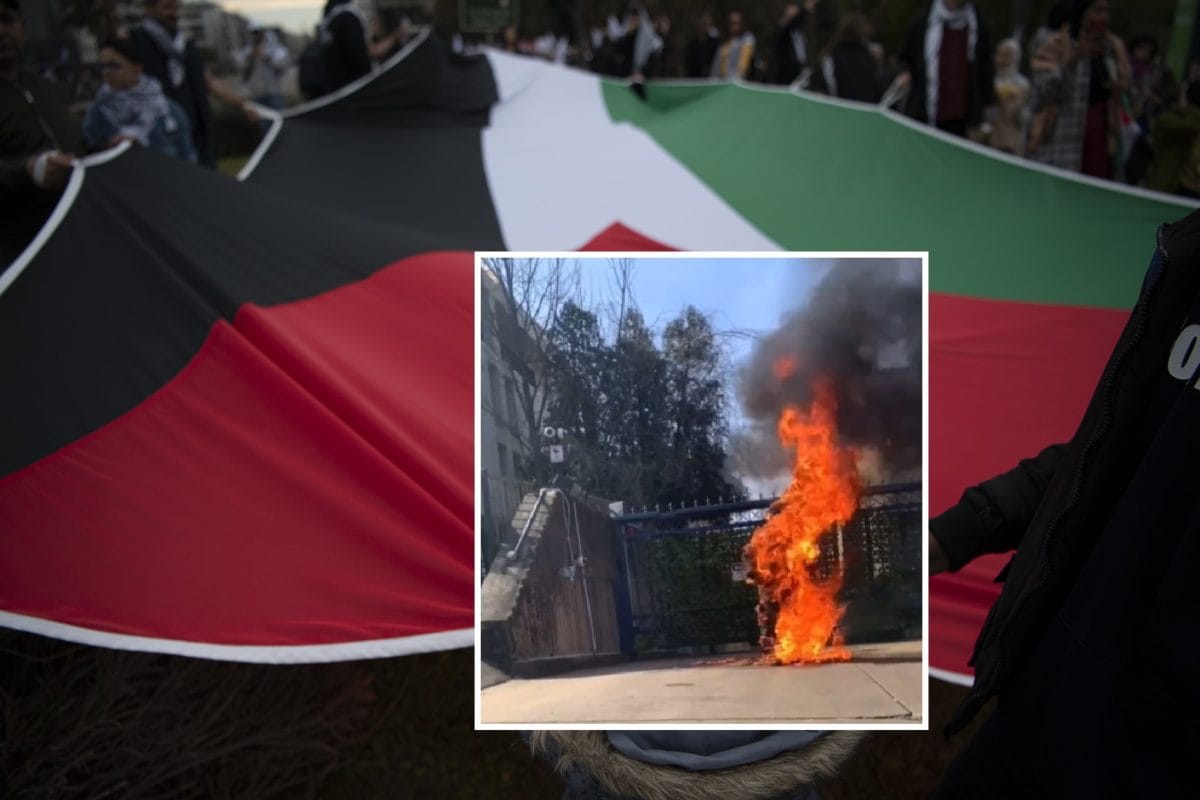In a significant development in the ongoing conflict between Russia and Ukraine, Ukrainian President Volodymyr Zelensky has confirmed the capture of two North Korean soldiers in the Kursk region. This announcement has drawn attention to the potential involvement of North Korean personnel in the hostilities, which have persisted since the onset of the war in 2022. The capture of these soldiers not only highlights the complexities of the current geopolitical landscape but also raises questions about the nature of North Korea’s support for Russia in this conflict.
The Kursk region, located in western Russia near the Ukrainian border, has been a focal point of military activity in recent months. The area has seen increased troop movements and military operations as both sides seek to gain strategic advantages. The presence of North Korean soldiers fighting for Russia adds a new layer of complexity to the situation, as it suggests a potential alliance between the two nations that could have far-reaching implications.
Zelensky’s announcement comes amid ongoing concerns about the international ramifications of the war. North Korea, which has historically maintained a close relationship with Russia, may be seeking to bolster its military ties in response to the increasing isolation it faces from the international community. The involvement of North Korean soldiers in the conflict could be interpreted as a sign of solidarity with Russia, as both nations share a common interest in countering Western influence in the region.
The capture of the North Korean soldiers raises several important questions. Firstly, it prompts an examination of the motivations behind North Korea’s involvement in the conflict. Analysts suggest that North Korea may be looking to demonstrate its military capabilities and strengthen its position on the global stage. By sending soldiers to fight alongside Russian forces, North Korea could be signaling its commitment to the alliance and its willingness to support Russia’s military objectives.
Furthermore, the capture of these soldiers may have implications for the treatment of prisoners of war. International humanitarian law stipulates that captured combatants should be treated humanely and afforded certain rights. The Ukrainian government will need to navigate the complexities of handling North Korean soldiers, particularly given the sensitive nature of North Korea’s political landscape and its history of human rights violations.
The announcement has also sparked discussions about the potential for further escalation in the conflict. The involvement of North Korean soldiers could lead to increased tensions between Ukraine and North Korea, as well as between Ukraine and Russia. It remains to be seen how the international community will respond to this development, particularly in light of ongoing diplomatic efforts to resolve the conflict.
In addition to the immediate military implications, the capture of North Korean soldiers could have broader geopolitical consequences. The relationship between North Korea and Russia has been a subject of interest for many years, particularly as both nations seek to counterbalance the influence of the United States and its allies. The collaboration between North Korea and Russia in the context of the Ukraine conflict may signal a shift in the balance of power in the region, with potential ramifications for global security.
As the situation continues to evolve, it is essential for observers to monitor the developments closely. The capture of the North Korean soldiers is a reminder of the interconnectedness of global conflicts and the ways in which nations may align themselves in pursuit of their strategic interests. The implications of this event will likely unfold over time, as the international community grapples with the complexities of the ongoing war in Ukraine and the role of external actors.
In conclusion, the confirmation by President Zelensky of the capture of two North Korean soldiers fighting for Russia in the Kursk region underscores the multifaceted nature of the current conflict. It raises important questions about the motivations behind North Korea’s involvement, the treatment of captured combatants, and the potential for further escalation in hostilities. As the situation develops, it will be crucial for policymakers and analysts to consider the broader implications for international relations and security in the region.



